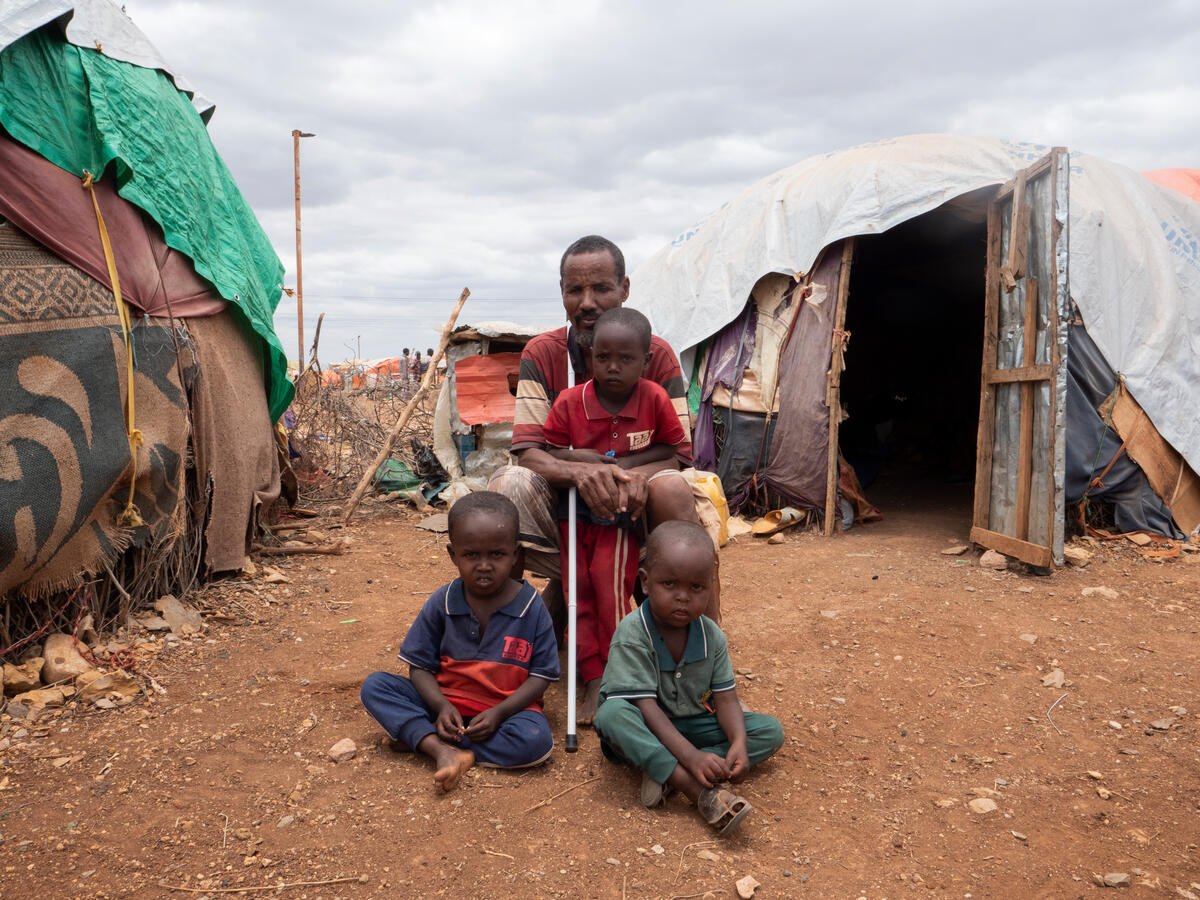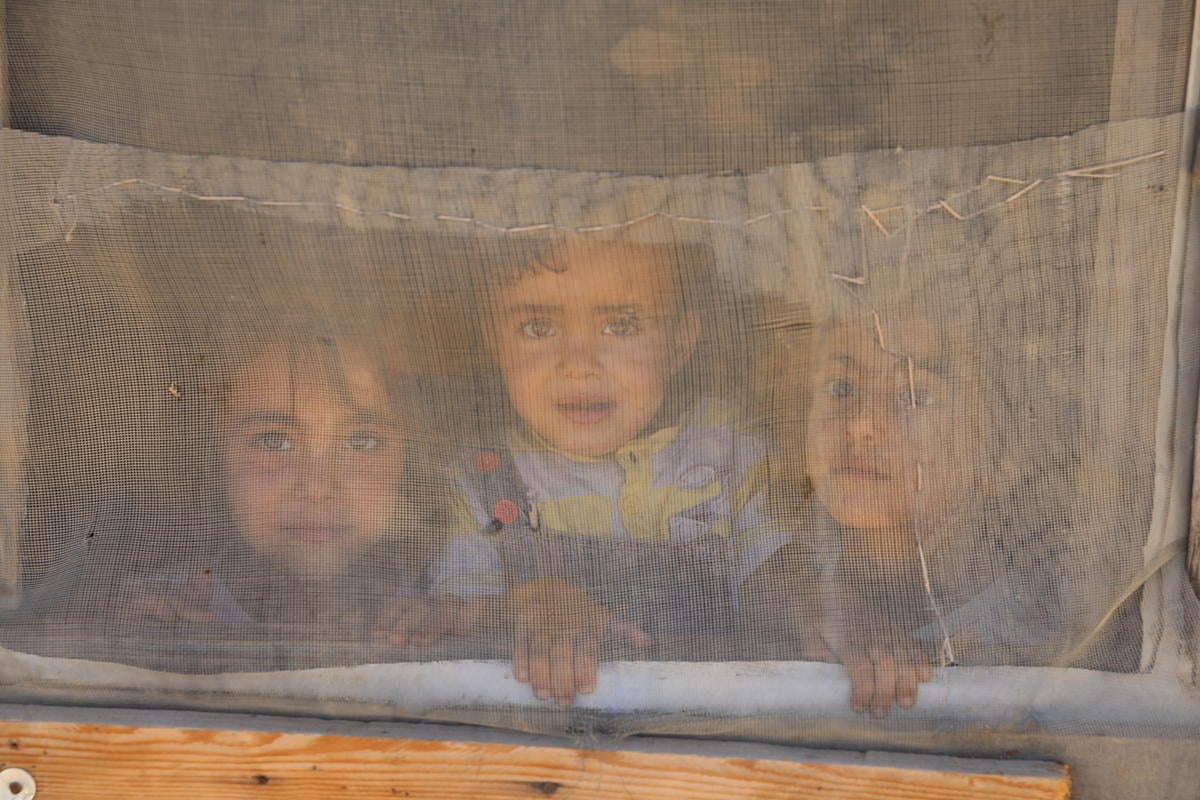UNHCR expresses alarm over insecurity in Burkina Faso
UNHCR expresses alarm over insecurity in Burkina Faso

UNHCR, the UN Refugee Agency, today expressed alarm over growing insecurity in Burkina Faso, where hundreds of thousands of people have already been driven from their homes and now face the added uncertainty brought by the arrival of the new coronavirus.
UNHCR spokesperson Babar Baloch told journalists that recent attacks by armed groups had targeted some 25,000 Malian refugees, who lived in remote camps near the border of Burkina Faso and Mali.
“Most of these refugees have now chosen to return home despite still facing insecurity there as well. They judged it was the lesser of two evils,” Baloch told a press briefing in Geneva via an online link.
“The arrival of COVID-19 has added a new element of insecurity into the mix,” he added.
Baloch recalled that as violence has swept the entire Sahel region, Burkina Faso has witnessed a massive displacement of more than 838,000 people since January 2019 – a figure which keeps climbing with each passing day.
“The clock is ticking.”
Xavier Creach, UNHCR’s coordinator for the Sahel region, warned the situation in Burkina Faso was rapidly becoming untenable with multi-layered crises risking a humanitarian catastrophe.
“Local communities have demonstrated remarkable generosity but cannot cope anymore. National capacities are overwhelmed. The approaching lean season, coupled with the armed conflict and the COVID-19, will generate further dramatic situations and displacement of populations. The clock is ticking, we have little time left,” he said.
Insecurity has now engulfed all 13 regions of Burkina Faso. Last week, at least 32 people were killed in a string of attacks and scores of others injured.
UNHCR said in a statement that following attacks and ultimatums by armed groups, the Goudoubo refugee camp, recently home to 9,000 refugees, was now empty and effectively closed.
With the closing of the camp school, and health centre and even the camp’s security post, about half of the residents, who reached Gao, Mopti and Timbuktu regions in northern Mali earlier this week, cited insecurity and armed attacks as the reason to leave.
“Most felt they had no other option but to return to Mali,” added Baloch.
Many of those living in leaving Goudoubou camp said they left after receiving warnings of more attacks if they did leave from armed groups.
“I did not even have time to collect my documents nor transport fees UNHCR was providing to those who decided to return," one returning refugee woman told UNHCR staff on arrival in Gao.
"There are those who managed to get back in trucks or on the bus, as for others, including my family and I, we had to travel on the back of a camel," said a male head of household who like others herded his cattle along the week-long trek. But where they go now is a new problem.
Isaac Tiantse Takamgno, the head of UNHCR’s sub-office in Gao, in northern Mali, was in talks with the government on ensuring security and safety in the areas from which they had originally fled.
“This is unprecedented," Takamgno said. "Our priority is to accompany the returnees wherever they decide to return and where they feel secure. Although some returnees seemed hesitant regarding returning to their very specific areas of origin, from where they mainly fled to Burkina Faso.”
The remaining Malian refugees have moved to locations inside Burkina Faso. Some 2,500 have joined many displaced Burkinabes in the town of Dori, where people face dire conditions, in desperate need of shelter, water and health services. Attacks around the camp also forced locals of the Goudoubo village to flee.
The violence in Burkina Faso also forced UNHCR to relocate staff out of the Mentao refugee camp, near the town of Djibo, in November 2019. Access to more than 6,000 refugees since then has been sporadic, with living conditions worsening.
However, the volatile security situation in Mali does not allow many to return to their places of origin. Insecurity persists and authorities have imposed a curfew as part of its COVID-19 response, which has further fuelled security and health concerns among vulnerable groups.
UNHCR works with authorities and partners on the ground, providing returning refugees with shelter, relief items and cash to support their initial needs. UNHCR is also planning to provide the authorities with needed health and hygiene equipment as part of the response to the COVID-19 pandemic.









